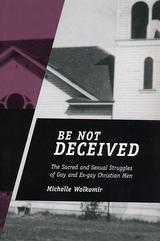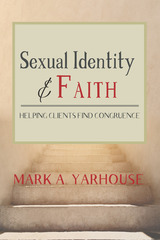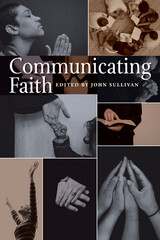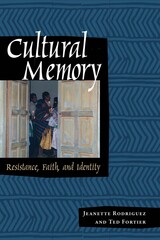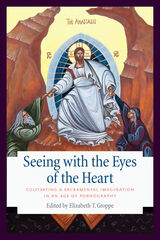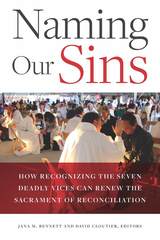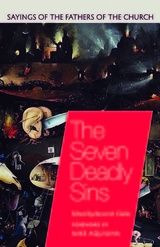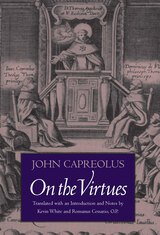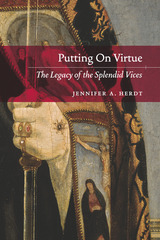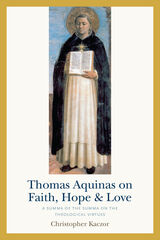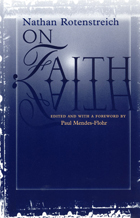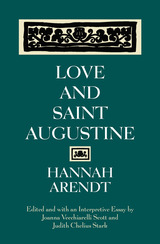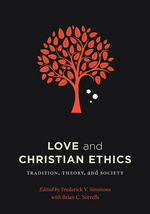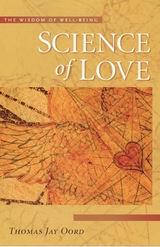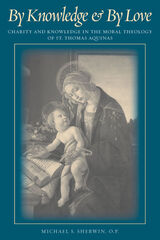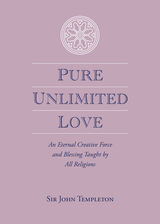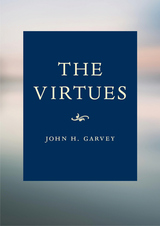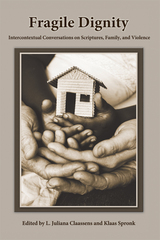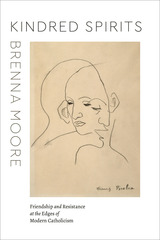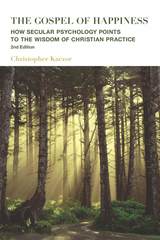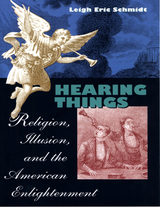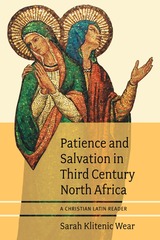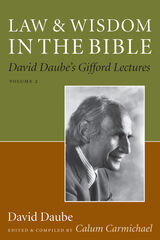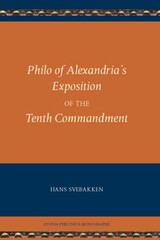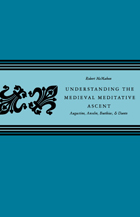Paper: 978-1-62616-250-1 | Cloth: 978-0-87840-894-8
Library of Congress Classification BV4639.B72 2003
Dewey Decimal Classification 241.4
Bernard Brady has given us a rare, delightful, and thought-provoking book—a volume that belongs on the desk or the bed-stand of anyone in search of the rich and varied dimensions of Christian love. Christians are taught that God is love and are commanded to love, their neighbors and their enemies. These truths are not controversial. What is controversial and, indeed, has been controversial throughout the history of Christianity is the meaning of this love. This book explores the tradition of Christian reflection on the meaning, and experience of love, loving, and being loved.
Many books have been written about Christian love, but no book has gathered together this kind of primary source material and covered such a wide range of perspectives, allowing the reader to engage directly with the thought and experience of some of the greatest Christian minds on the topic of love. Bernard Brady covers with remarkable clarity the breadth and depth of discussions on Christian love from the Bible to contemporary experience to create this-a survey of how Christians through the ages have understood love.
Beginning of course with the Bible, Brady examines the key writings and thinkers on the nature of Christian love: St. Augustine; mystics such as Bernard of Clairvaux, Hadewich, and Julian of Norwich; the great tradition and literature of courtly love, Thomas Aquinas, Martin Luther, Sören Kierkegaard, and others. In addition, Brady devotes chapters to several 20th century figures whose lives seemingly embodied Christian love: Mother Theresa, Martin Luther King, Jr., and Pope John Paul II. Finally, Christian Love addresses contemporary deliberations over the meaning of love with an analysis of the modern writings of Martin D'Arcy, Reinhold Niebuhr, Jules Toner, Gustavo Gutiérrez, Gene Outka, Margaret Farley, Edward Vacek, and Don Browning. In a synthesizing concluding chapter, Brady offers his own insightful and introspective understanding of the substance of Christian love, suggesting that it is an affective affirmation of another, that it is both responsive and unitive, and that it is steadfast and enduring.
As a beautiful contemplative companion to one's own spiritual understanding, or as a thoughtful and meaningful gift, Christian Love is in every sense a treasure to behold, read, and share with those you love.
See other books on: Brady, Bernard V. | Christian Love | Christian Theology | History of doctrines | Love
See other titles from Georgetown University Press

